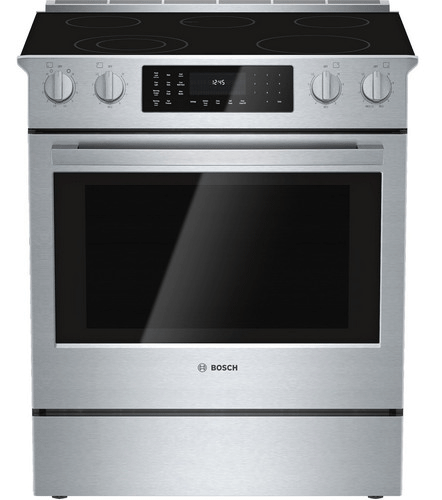1. Oven Not Heating Properly

Common Causes:
•A faulty heating element (in electric ovens)
•A broken igniter (in gas ovens)
•A malfunctioning thermostat
•A problem with the control board
Repair or Replace?
If your oven is not reaching the right temperature or heating unevenly, it’s often a repairable issue. Replacing the heating element, igniter, or thermostat is usually cost-effective compared to buying a new oven. However, if your oven is over 15 years old and multiple components are failing, replacement might be the better option.
2. Stove Burners Won’t Heat Up
Common Causes:
•A loose or damaged burner connection (electric stoves)
•A faulty gas supply or clogged burner (gas stoves)
•A broken control switch
Repair or Replace?
For electric stoves, a simple burner replacement or fixing a loose connection can often resolve the issue. Gas stoves may just need a thorough cleaning of the burner ports. However, if multiple burners stop working or the issue is within the electrical wiring or gas system, replacing the stove might be a safer and more cost-effective choice.
3. Oven Door Won’t Close Properly
Common Causes:
•Worn-out door hinges or seals
•A damaged latch or locking mechanism
Repair or Replace?
A loose oven door can lead to heat loss and inefficient cooking. Replacing the hinges or gasket is usually an easy and affordable fix. However, if the door frame itself is warped or severely damaged, a new oven may be necessary.
4. Oven or Stove Making Strange Noises
Common Causes:
•A faulty fan or motor (in convection ovens)
•Loose internal components
•Gas flow issues (in gas stoves)
Repair or Replace?
If your oven or stove is making clicking, buzzing, or rattling sounds, it’s best to have a technician inspect it. A simple fan replacement or tightening of loose parts can fix the problem. However, if the noises come from a failing motor or gas system, replacement might be the safer option.
5. Gas Smell Coming from the Stove
Common Causes:
•A gas leak from a faulty connection
•A broken gas valve or regulator
•A damaged burner
Repair or Replace?
If you smell gas, turn off the stove immediately and ventilate the area. Call a professional to inspect it, as gas leaks are a serious safety hazard. Minor leaks from a loose connection can be repaired, but if the stove is old or has repeated gas leaks, replacing it is the safest choice.
When to Repair vs. When to Replace
Repair If:
✔ The problem is minor and inexpensive to fix
✔ The appliance is less than 10-12 years old
✔ Replacement parts are readily available
✔ The cost of repair is less than 50% of a new unit
Replace If:
❌ The appliance is over 15 years old and has frequent breakdowns
❌ Repairs cost more than half the price of a new oven or stove
❌ There are major safety concerns (gas leaks, electrical faults, etc.)
❌ Energy efficiency is significantly lower compared to newer models
Final Thoughts
Regular maintenance and quick repairs can keep your oven and stove running efficiently for years. However, if you’re dealing with repeated issues or costly repairs, upgrading to a newer, more energy-efficient model might be the smarter choice.
Still unsure whether to repair or replace? Consult a Superior Repairs technician for an expert opinion and ensure your kitchen appliances remain safe and functional.